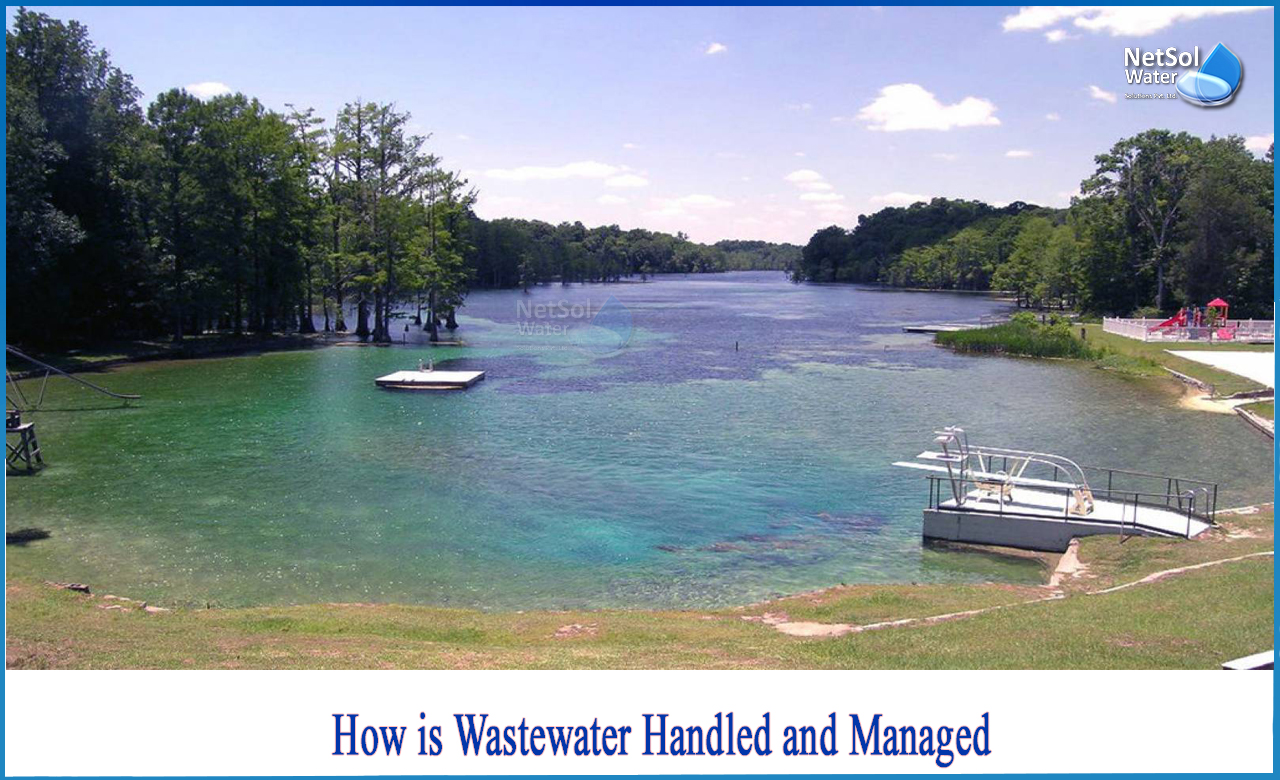How is Wastewater handled and managed?
Human waste, food scraps, oils, soaps, and chemicals are examples of waste. Wastewater may include water from sinks, showers, bathtubs, toilets, washing machines, and dishwashers in the home. Businesses and industry also provide their fair share of wastewater.
Organizations that generate wastewater as part of their operations must comply with discharge rules and take safety precautions. The appropriate treatment of their wastewater prevents any harm to the facility's goods or processes, human health, or the environment. It also aids in the avoidance of fines and potential legal action if wastewater is inappropriately discharged into a publicly owned treatment plant or into the environment.
Wastewater Treatment System: The whole Concept
A wastewater treatment system is often made up of numerous discrete technologies. The wastewater treatment system is determined by the properties of the wastewater as well as the particular regulatory requirements for plant discharge. However, in general, a simple wastewater treatment system contains the following components:
· Filtration to remove trace levels of suspended material;
· Chemical feed used to aid in the coagulation, flocculation, or precipitation of any suspended particles or metals;
· Clarifier for settling suspended solids that have accumulated as a result of treatment;
· Final pH correction and any additional post-treatment;
· The control panel (depends on the level of automated operation needed).
These are regarded as standard components. However, if a treatment plant demands a system with greater customization, a few additional technologies or features may be required. A biological treatment system, for example, will assist to lower the biochemical oxygen demand in facilities that create biological demand, such as beverage and food sector.
Impurities & contaminants removed by wastewater treatment systems
1. Metals;
2. Total Suspended and dissolved Solids;
3. BOD & COD;
4. Nitrogenous compounds;
5. Phosphate compounds;
6. Chemicals;
7. FOG, etc.
Different types of wastewater treatments to handle wastewater
A: Physical wastewater Treatment
Thephysical procedures are used to purify the effluent at this stage. To eliminate the solids, processes such as screening, sedimentation, and skimming are utilized. There are no chemicals used in this technique.
-Sedimentation, a method of suspending insoluble/heavy particles from wastewater, is one of the basic approaches to physical wastewater treatment. Once the insoluble debris has settled to the bottom, the clear water may be separated.
-Filtration is utilized to remove pollutants.
B: Biological wastewater Treatment
This employs a variety of biological processes to degrade organic substances found in wastewater, such as soap, human waste, oils, and food. In the treatment, microorganisms decompose organic materials in the wastewater. It is classified into 2 types:
1) Aerobic processes: Bacteria digest organic waste and convert it to carbon dioxide, which plants may utilize. This procedure makes use of oxygen.
2) Anaerobic processes: Itemploys fermentation to ferment waste at a specified temperature. This process does not need oxygen.
Although secondary treatment eliminates the majority of the particles in wastewater, certain dissolved nutrients such as nitrogen and phosphorus may remain.
C: Chemical wastewater Treatment
As the name implies, this includes the use of chemicals in the wastewater. Chlorine, an oxidizing chemical, is frequently used to destroy microorganisms that degrade water by introducing toxins into it. Ozone is another oxidizing agent used in wastewater treatment. Neutralization is a process that uses acid or base to return water to its natural pH of 7. Chemicals prevent germs from growing in water, resulting in clean water.
D: Sludge Treatment
This is a solid-liquid separation technique that requires the least amount of residual moisture in the solid phase and the least amount of solid particle residues in the separated liquid phase.
Dewatering of sludge from industrial wastewater or sewage treatment plants is an example, where the residual moisture in dewatered solids dictates disposal costs and the concentrate quality defines the pollutant load returned to the treatment facility.
Role of Netsol Water in Wastewater Treatment
Wastewater has a significant impact on the natural world; thus, it is critical to handle it correctly. By cleaning wastewater, we not only rescue the organisms that live in it but also safeguard the environment as a whole.
Netsol Water offers high-end wastewater treatment that includes neutralization, filtration, extraction, separation, and recycling of wastewater streams. Our services for hazardous and non-hazardous wastewater management deliver environment-friendly wastewater streams. We also use tried-and-tested processes and innovative systems to generate effluent that meets regulatory compliance.
For any other information or query related to the wastewater treatment system, feel free to contact us!
Contact No.: +91-9650608473 or
Email:enquiry@netsolwater.com.



